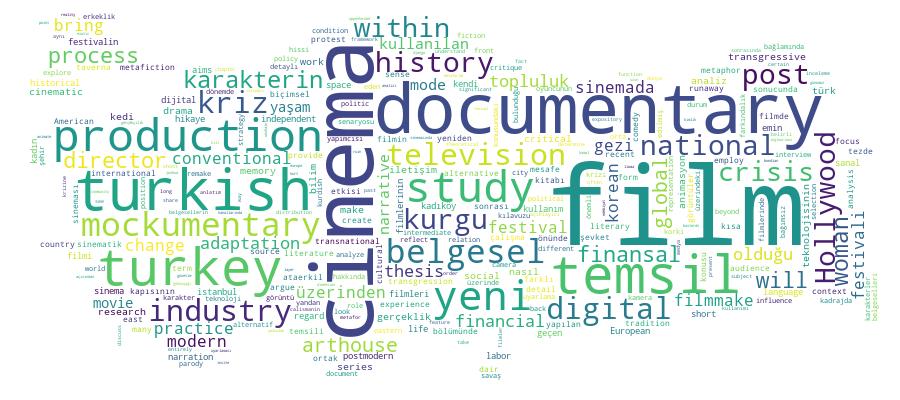Behlil, Melis
Loading...

Profile URL
Name Variants
MELIS BEHLIL
BEHLIL, MELIS
Behlil, Melis
Melis, Behlil
B., Melis
B.,Melis
BEHLIL, Melis
M. Behlil
Behlil, M.
Melis Behlil
Behlil,M.
Behlil,Melis
Behlil, MELIS
Melis BEHLIL
BEHLIL, MELIS
Behlil, Melis
Melis, Behlil
B., Melis
B.,Melis
BEHLIL, Melis
M. Behlil
Behlil, M.
Melis Behlil
Behlil,M.
Behlil,Melis
Behlil, MELIS
Melis BEHLIL
Job Title
Doç. Dr.
Email Address
Main Affiliation
Radio, Television and Cinema
Status
Current Staff
Website
ORCID ID
Scopus Author ID
Turkish CoHE Profile ID
Google Scholar ID
WoS Researcher ID
Sustainable Development Goals
15
LIFE ON LAND

0
Research Products
16
PEACE, JUSTICE AND STRONG INSTITUTIONS

0
Research Products
14
LIFE BELOW WATER

0
Research Products
6
CLEAN WATER AND SANITATION

0
Research Products
3
GOOD HEALTH AND WELL-BEING

0
Research Products
17
PARTNERSHIPS FOR THE GOALS

0
Research Products
4
QUALITY EDUCATION

0
Research Products
2
ZERO HUNGER

0
Research Products
10
REDUCED INEQUALITIES

1
Research Products
7
AFFORDABLE AND CLEAN ENERGY

0
Research Products
13
CLIMATE ACTION

0
Research Products
1
NO POVERTY

0
Research Products
9
INDUSTRY, INNOVATION AND INFRASTRUCTURE

1
Research Products
12
RESPONSIBLE CONSUMPTION AND PRODUCTION

0
Research Products
8
DECENT WORK AND ECONOMIC GROWTH

1
Research Products
11
SUSTAINABLE CITIES AND COMMUNITIES

0
Research Products
5
GENDER EQUALITY

1
Research Products

Documents
9
Citations
15
h-index
2

Documents
10
Citations
19

Scholarly Output
36
Articles
4
Views / Downloads
451/5360
Supervised MSc Theses
20
Supervised PhD Theses
0
WoS Citation Count
19
Scopus Citation Count
15
WoS h-index
3
Scopus h-index
2
Patents
0
Projects
0
WoS Citations per Publication
0.53
Scopus Citations per Publication
0.42
Open Access Source
20
Supervised Theses
20
Google Analytics Visitor Traffic
| Journal | Count |
|---|---|
| Cinema Journal | 1 |
| Contemporary Balkan Cinema: Transnational Exchanges and Global Circuits | 1 |
| Creative Industries Journal | 1 |
| Film International | 1 |
| Greta Gerwig’s Barbie: Popular Culture, Cinema, and Gender | 1 |
Current Page: 1 / 2
Competency Cloud


